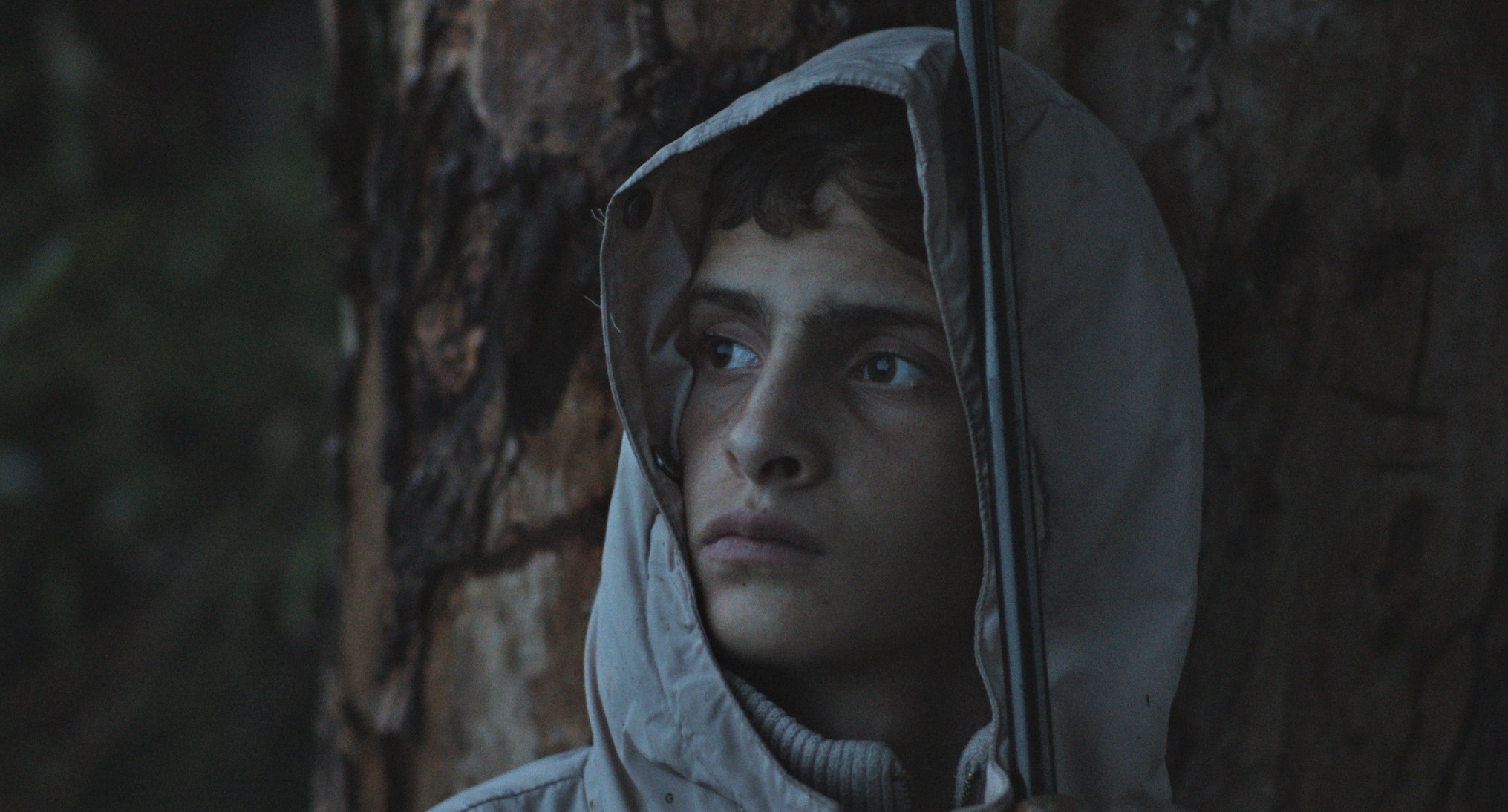Notturno
Director/ Gianfranco Rosi
Watched on Amazon
Rating 3/5
Epicentro
Director/ Hubert Sauper
Watched on Amazon
Rating 3/5
Two observational documentaries. One, Notturno, is so rigorously composed it sort of passes by like a series of naturally lit still photos. The other, Epicentro, is so undisciplined it careens across the screen like a drunken ex-pat. Both films are notable for their access, for their intrepid commitment to immersion, for their romantic allegiance to the image of the globe-trotting cameraperson blending travelogue and inquisition into cinematic essay. But these days this type of filmmaker–whose patron saints could be Werner Herzog, Les Blank, the late Michael Glowagger– is becoming an endangered species.
There is a movement afoot within funding and film festival circles to institutionalize the following new requirement (paraphrasing from the Sundance Documentary Fund): All applicants must describe their connection to the story and to the specific communities of their projects, addressing issues of collaboration, authorship and representation. We are mostly interested in projects where the senior filmmaking team reflects the community represented on screen.
While I understand and applaud, in general, this attempt by the doc industry to be more aware of where docs are being made and who is making them, to be part of the movement to, I guess, decolonize the documentary, I am concerned that this will result in the creation of yet another double-standard in the doc industry. A double standard where well-known, established, funded and/or trust-funded doc makers (i.e. Rosi and Sauper) will still be allowed to make and be feted for their docs made anywhere and about anything, while lesser known, unfunded, struggling filmmakers who have made the same film in the same location encounter an industry finger waved at them for violating this new code of “representation.”
I think there is also an issue here of potentially throwing the baby out with the bathwater. If this new code/proclamation/requirement had been standard throughout the history of doc filmmaking, would some of the seminal works in the genre even have been made, such as Nina Davenport’s Hello Photo, Michael Glawogger’s Megacities trilogy, Robert Gardner’s Forest of Bliss, Barbara Kopple’s Harlan County, USA, even the Maysles’ Salesman or Grey Gardens? Kopple certainly didn’t grow up or live in a Kentucky holler. The Maysles hadn’t worked as Bible salesmen.
Who gets to decide what is the appropriate level of “collaboration, authorship and representation?” Would a director like the Italian, Roberto Minervini, still be praised and accepted for his deep dive portraits of southern American cultures? Will he fall under the axe of political correctness or will he be granted an exemption? Would Rosi’s first film, an immersive look at off-the-grid lives in Below Sea Level, set in a California desert, have consigned him to oblivion, or will he, based on his career so far, be able to go anywhere and make anything and still get a slot at Sundance? And what does “senior filmmaking team” really mean? Who gets to decide? Will this lead to a filmmaker including a token representative of the filmed community as an executive producer or advisor to satisfy the requirement?
I’m only speaking for myself here, but as a filmmaker with the skills and experience to make a film in a place I do not live in and about a people that I do not know, can’t I still allow them agency to tell their own story in their own voice, aren’t respect and accuracy and grace and enlightenment honorable goals for any film or filmmaker, regardless of cultural affiliation? I have also made several films in subjects that I have a personal or intimate knowledge of, but does that mean I have to justify my bona fides to yet another panel of decision-makers? I find that particularly galling. And when I watch films like Notturno (beautiful but inert) and Epicentro (lively but sloppy), shouldn’t we evaluate them first and perhaps only on cinematic terms: the quality and intent of the image-making, the accessibility or mystery of the storytelling, the questions they leave us with, rather than if the filmmaker has the “right” to even make the film?

